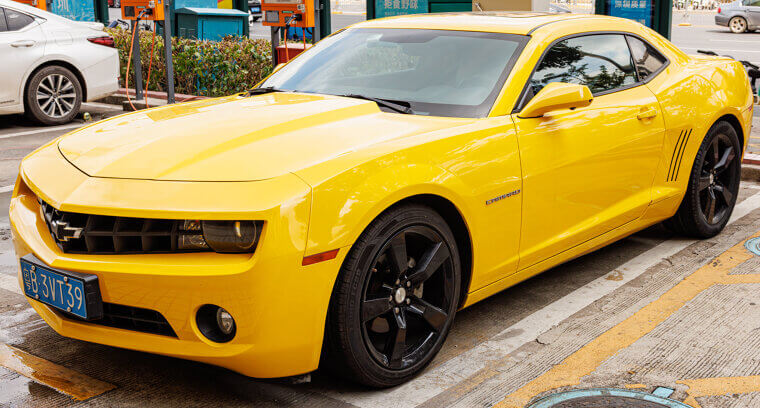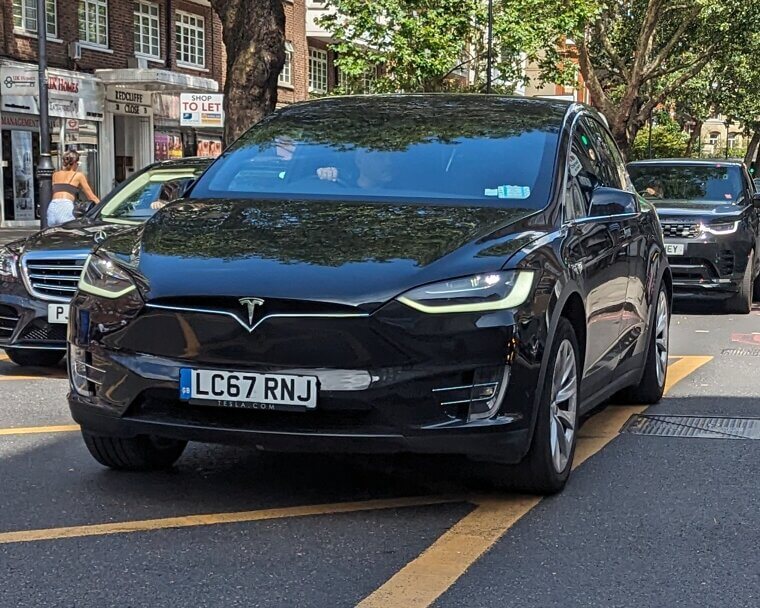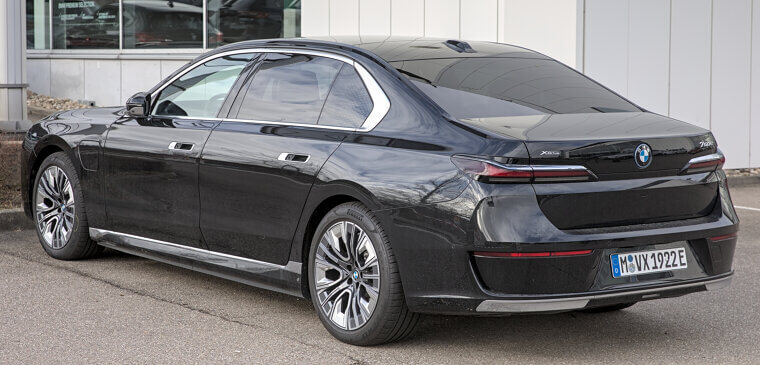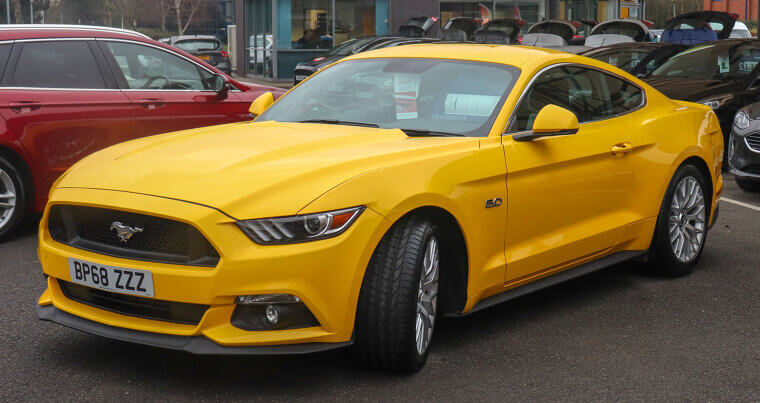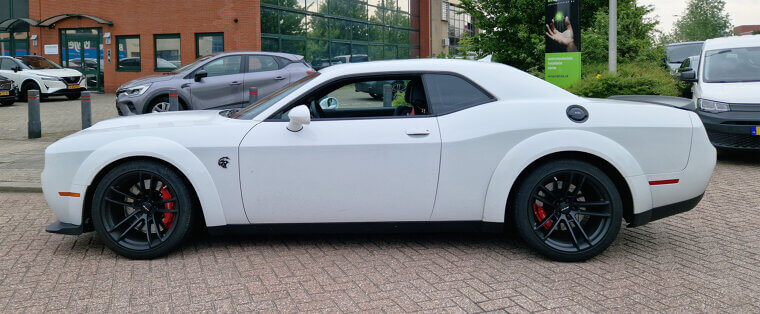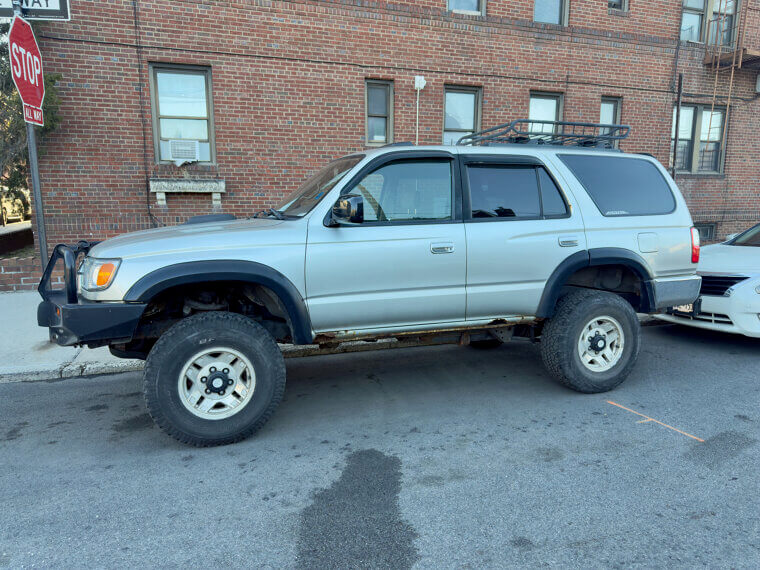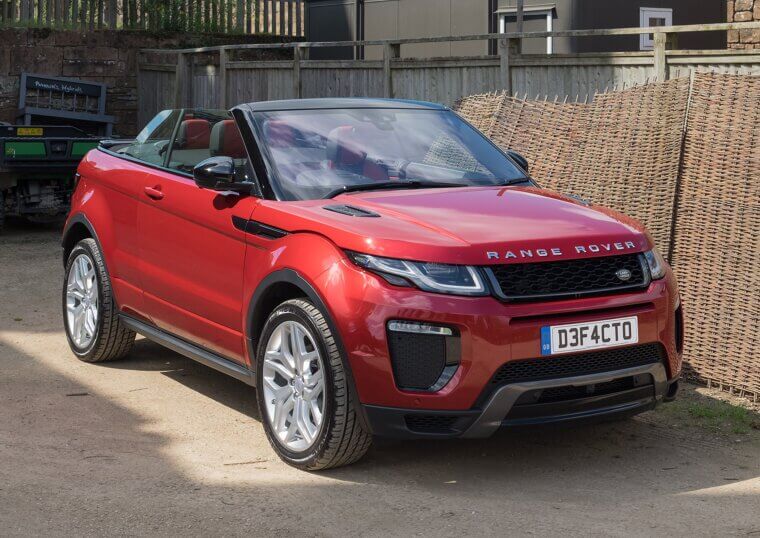Not Every Car Is Right for Retirement
Once you retire, your priorities behind the wheel often change. Comfort, visibility, and reliability matter more than horsepower or flashy styling. Yet many car models that seem appealing on the surface end up being costly, uncomfortable, or difficult to manage over time. From high-maintenance luxury vehicles to cramped sports cars, some options simply do not fit the lifestyle or needs of most retirees. Before signing the paperwork, it helps to know which types of cars are best left on the lot.
Jeep Wrangler
Although the Jeep Wrangler is unquestionably an adventurous vehicle, its raw appeal comes at the expense of comfort. The Wrangler's noisy cabin and rough suspension may not be the best option for retirees seeking a peaceful, comfortable ride. With this, because of its tiny interior and high step-in height, climbing in and out can feel like a workout - who wants that? Another disadvantage is fuel economy, which makes frequent fill-ups tedious. So, all in all, although the Wrangler is an enjoyable vehicle for weekend warriors, its rough edges may cause more trouble than excitement for people looking for comfort and relaxation in retirement.
Chevrolet Camaro
Without a doubt, the Chevrolet Camaro turns heads. Anyone who’s a speed neek will be drawn to its powerful engine and streamlined design. However, it's not exactly a match made in heaven for retirees; it can be difficult to get in and out of this low-slung coupe, particularly if your mobility has diminished. On lengthy drives, the hard seats and rigid suspension don't provide much relaxation. Not enough to steer you away? The back seats are more ornamental than practical, and insurance premiums are typically higher. Sure, the Camaro is exciting, it lacks the comfort and usefulness that many retirees value.
Tesla Model X
Though futuristic and ostentatious, the Tesla Model X's high level of technology can be daunting for someone simply trying to enjoy their golden years; the touchscreen interface may be confusing or irritating to retirees who prefer simple controls. With this, maintenance and repairs can be expensive, particularly if they are not covered by a warranty. You thought you left the 9-5 behind going into retirement, but the learning curve for software upgrades and charging logistics can feel like a full-time job! Despite its abundance of innovation, the Model X requires a degree of patience and technological know-how that not all retirees like to commit to.
BMW 7 Series
Although the BMW 7 Series is the pinnacle of luxury, retirees may not always find it to be the best option. Although its sophisticated features and luxurious interior are outstanding, they come with eye-watering maintenance costs. Even while German engineering is accurate, repairs call for specialist care - which can be costly and time-consuming. Because of its size, the car is difficult to maneuver in confined parking spaces, and its entertainment system isn't the most user-friendly. At best, fuel efficiency is mediocre, and insurance costs are typically high; retirees aiming to simplify life might prefer a car that’s easier to maintain and more budget-friendly.
Mercedes-Benz G-Class
Despite its boldness and distinctive design, the Mercedes-Benz G-Class was certainly not designed with retirees in mind. Because of its lofty stance and boxy form, it can be challenging to enter and exit; and that’s just an inconvenience no one needs in retirement. The handling feels more like a truck than a luxury vehicle, and it is among the priciest SUVs to acquire. Yes, it's a car that makes a statement, but that statement frequently consists of high expenses and a rough ride. Retirees who are looking for comfort and functionality may find the G-Class to be more of a burden than a benefit - so it’s probably best to avoid it.
Ford Mustang
The Ford Mustang’s powerful engine and aggressive appearance are exhilarating, but they come with costs. The ride is rough on bumpy roads, and the cabin is positively suffocating. Even more, the hefty doors and low seating position may be troublesome for seniors, particularly while running regular errands. Its shortcomings include low fuel efficiency and high maintenance costs, and worse of all - because of its sportiness - the Mustang also has higher insurance costs! Although it's a lot of fun to drive, it doesn't provide the comfort or peace that many retirees are looking for.
Dodge Challenger
Although the Dodge Challenger is unquestionably a muscle car, its size and power make it unsuitable for retirement. Okay, the strong engine is exciting, but it uses a lot of fuel and raises insurance costs. The back seats are small, and visibility is poor. And that’s not all - some retirees may find the cabin noise intolerable, and the ride can be rough. It's not the most sensible option for lengthy road trips or even just everyday errands. To sum up, this behemoth may be too much for retirees seeking a more laid-back driving experience.
Mini Cooper
Unquestionably appealing, the Mini Cooper's small stature comes with deal-breaking drawbacks. The small cabin room and low ride height may be problematic for retirees, particularly on extended trips, and the aggressive handling and tight suspension can make for a startling ride. Those who want more conventional layouts might not like the unique interior design. Despite being fashionable and fuel-efficient, the Mini isn't the best choice for seniors.
Toyota 4Runner
Despite its reputation for longevity, the Toyota 4Runner actually isn't the best option for retirees - believe it or not! In comparison to contemporary crossovers, its body-on-frame design results in a harsher ride. It takes work to get into the cabin, and carrying bags or food isn't the best idea due to the high cargo floor. Even while it's fantastic for off-road excursions, the majority of retirees don't often go on wilderness excursions. Although the inside works well, it is not as comfortable or sophisticated as comparable cars in its price range.
Land Rover Range Rover
Although the Range Rover is known for its elegance, it’s also notorious for its unreliability. Its frequent service visits may be annoying to retirees who are looking for peace of mind. Furthermore, parts aren't always easily accessible, and repairs can be bank-breaking. For people who prefer simplicity, the sophisticated technological features may be a barrier as they’re not easy to use. Undoubtedly, it's a stunning car, but it requires ongoing care and a sizable expenditure.



